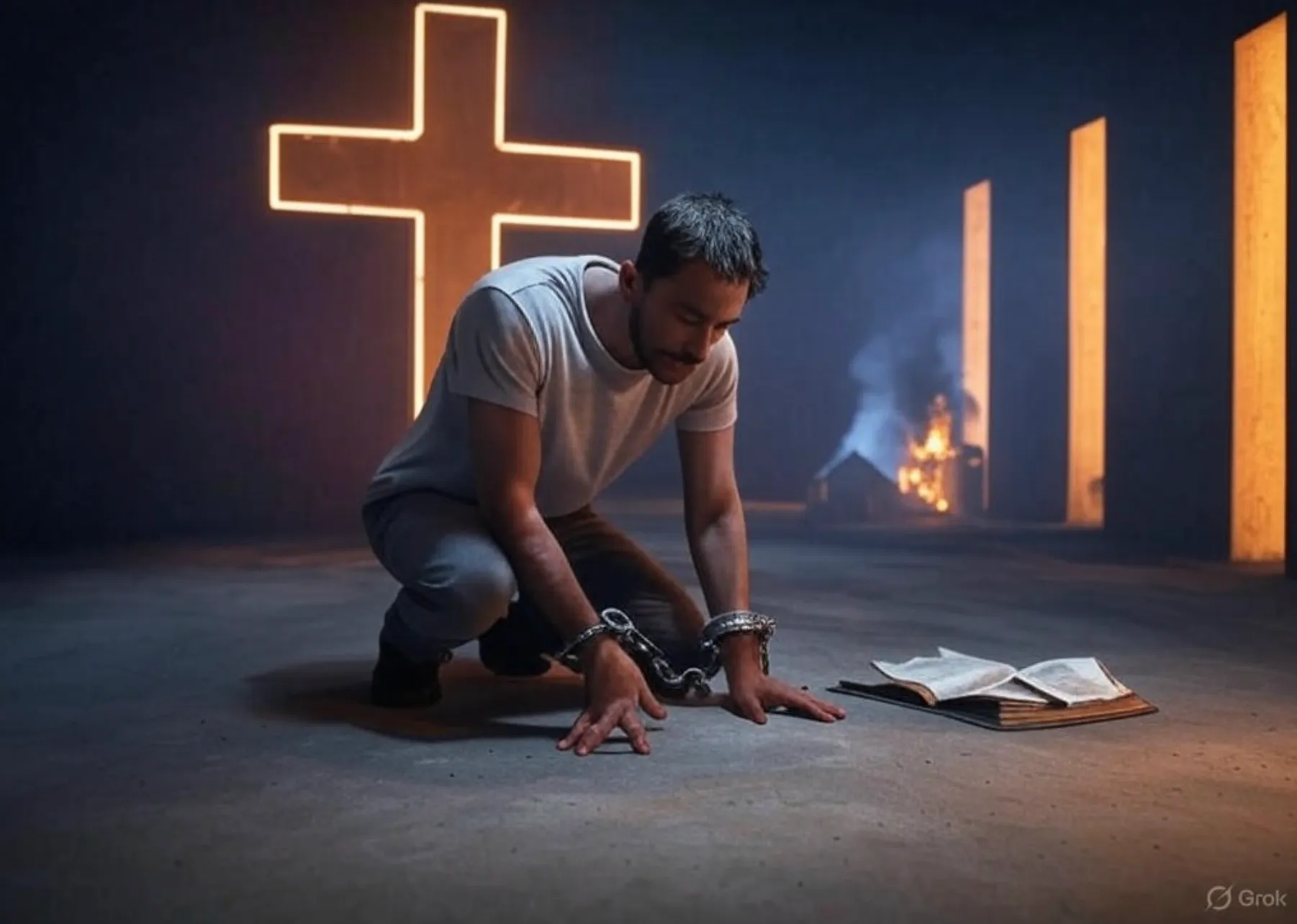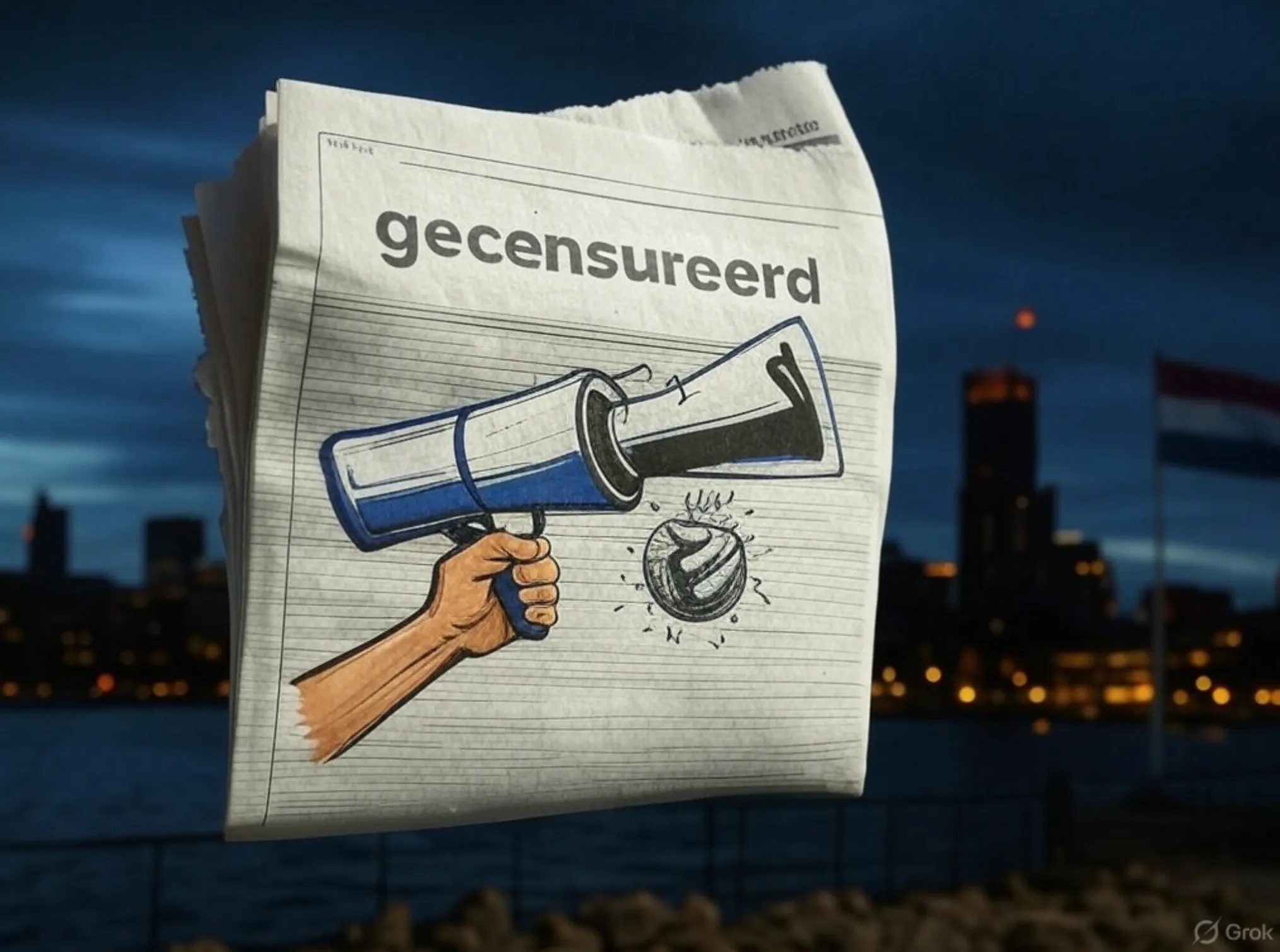Klimaatverandering in Europa

Een half jaar geleden verzocht een van mijn Amerikaanse relaties mij een stukje te schrijven over klimaat en Europa. Ik heb hem wat toegestuurd, waarna ik niets meer van hem heb vernomen. Het was al in mijn geheugen weggezakt. Wie schetst mijn verbazing toen ik het artikeltje onlangs terug zag in 'The Washington Times'? Hoe komt het toch dat ik gemakkelijker toegang krijg tot de Amerikaanse reguliere media dan de Nederlandse?
Maar gelukkig is er DDS! Hier dan de primeur voor Nederland.
Climate change no longer scares Europe
Tide of opinion changing in the Old World
Tide of opinion changing in the Old World
The fight against the delusion of dangerous man-made global warming remains an uphill struggle. For decades, the climate debate has been obfuscated by cherry-picking, spin-doctoring and scaremongering by the United Nations' Intergovernmental Panel on Climate Change (IPCC) and other climate alarmists, including the environmental movement and mainstream media. Their massive campaign to overstate the threat of man-made warming has left its imprint on public opinion.
But the tide seems to be turning. The Climate Conference fiasco in Copenhagen, the Climategate scandal and stabilization of worldwide temperatures since 1995 have given rise to growing doubts about the putative threat of "dangerous global warming" or "global climate disruption." Indeed, even Phil Jones, director of the University of East Anglia's Climatic Research Unit and one of the main players in Climategate, now acknowledges that there has been no measurable warming since 1995 despite steadily rising atmospheric carbon dioxide.
But the tide seems to be turning. The Climate Conference fiasco in Copenhagen, the Climategate scandal and stabilization of worldwide temperatures since 1995 have given rise to growing doubts about the putative threat of "dangerous global warming" or "global climate disruption." Indeed, even Phil Jones, director of the University of East Anglia's Climatic Research Unit and one of the main players in Climategate, now acknowledges that there has been no measurable warming since 1995 despite steadily rising atmospheric carbon dioxide.
People are paying attention, and opinion polls in many countries show a dramatic fall in the ranking of climate change among people's major concerns. People also are beginning to understand that major rain- and snowstorms, hurricanes and other weather extremes are caused by solar-driven changes in global jet streams and warm-cold fronts, not by CO2, and that claims about recent years being the "warmest ever" are based on false or falsified temperature data.
In various parts of the world, the climate debate displays different features. The U.S. and other parts of the non-European Anglo-Saxon world feature highly polarized and politicized debates along the left-versus-right divide. In Europe, all major political parties are still toeing the "official" IPCC line. In both arenas, with a few notable exceptions, skeptical views - even from well-known scientists with impeccable credentials - tend to be ignored and/or actively suppressed by governments, academia and the media.
Nevertheless, skepticism about man-made climate disasters is gradually gaining ground.
In my own country, the Netherlands, for instance, that skepticism even has received some official recognition, thus dissolving the information monopoly of climate alarmists. The Lower House's Standing Committee on Environment recently organized a one-day hearing at which both climate-chaos adherents and disaster skeptics could freely discuss their different views before key parliamentarians who decide climate policy.
This hearing was followed by a special seminar organized by the Royal Netherlands Academy of Sciences, using the same format but focusing on scientific topics. The academy will soon publish a report about this seminar.
Europe often brags about its emission-trading system (ETS), regarding itself as the vanguard of an international climate policy. In the European view, the Copenhagen climate summit should have produced a worldwide extension and sharpening of its ETS. But the vast majority of countries in the world refused to follow Europe's example, so the meeting turned into a fiasco. Its follow-up in Cancun, Mexico, at year's end surely will produce a similar result. For good reason.
Contrary to official claims, Europe's experience with ETS is dismal. The system is expensive and prone to massive fraud. More important, it serves no useful purpose.
The European Environmental Agency tracks Europe's performance regarding the reduction of CO2 emissions. Its latest report states: "The EU's greenhouse gas inventory report ... shows that emissions have not only continued their downward trend in 2008, but have also picked up pace. The EU-27's emissions stood 11.3 percent below their 1990 levels, while EU-15 achieved a reduction of 6.9 percent compared to Kyoto base-year levels."
On the face of it, the system seems to be pretty successful. However, much of the downward trend was caused by the global economic recession, not the ETS. Moreover, both climate-chaos proponents and climate-disaster skeptics agree that the scheme will have no detectable impact on worldwide temperatures - perhaps 0.1 degrees - though this crucial piece of information has been carefully and deliberately shielded from the public eye.
What about renewable energy as an alternative? Consider these costs for various sources of electricity in cents per kilowatt-hour: Nuclear is 4, coal is 4, natural gas is 5, onshore wind is 13, biomass is 16 and solar is 56.
Obviously, the price tag for renewables is extremely high when compared to that for hydrocarbons. The additional costs can be justified either by imminent fossil-fuel scarcity (the "oil peak"), which would send prices for petroleum and coal through the roof, or by the threat of man-made global warming. But on closer inspection, neither argument is tenable.
The authoritative International Energy Agency does not foresee any substantial scarcity of oil and gas in the near to medium future, and coal reserves remain sufficient for centuries to come. As for global warming, there has been no statistically significant rise in average worldwide temperatures since 1995. Meanwhile, recent peer-reviewed studies indicate that increasing CO2 levels in the atmosphere (natural or man-made) have minimal effects on climate change - and on balance, this plant-fertilizing gas is beneficial, rather than harmful, for mankind and the biosphere.
All this argues for a closer look at the cost/benefit relationship of investing in renewable-energy projects, to prevent a massive waste of resources in uncompetitive and thus wasteful forms of energy. Because every cloud has a silver lining, the ongoing economic crisis might give extra impetus toward that end.
Zie verder hier.
Ga verder met lezen
Dit vind je misschien ook leuk
Laat mensen jouw mening weten


